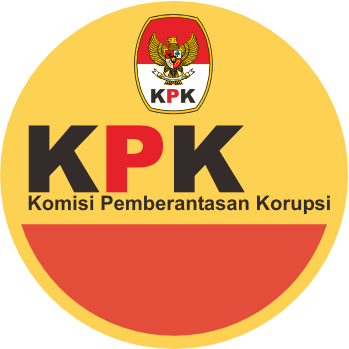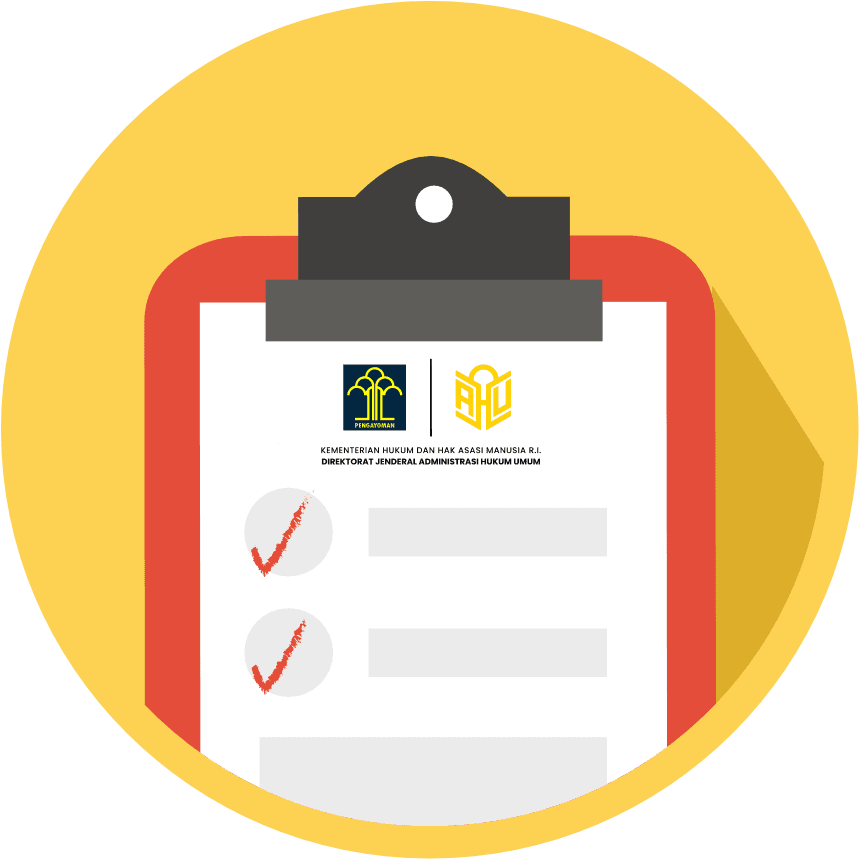INDIGENOUS COMMUNITIES in a number of regions in Indonesia have a variety of rituals to maintain food security in their communities. The lives of indigenous peoples have proven to be resilient to overcome the food crisis and can be used as good practices in Indonesia.
This is in accordance with the field findings through the Estungkara program conducted by KEMITRAAN in exploring the learning of good practices of indigenous communities during the Covid-19 pandemic.
Indigenous women have an important role in the management of natural resources in indigenous communities which directly impacts food security in their communities.
Indigenous peoples are highly dependent on natural resources. Forests and the surrounding environment are living spaces that ensure the survival of them and their communities.
Indigenous women in particular have an important role as custodians of indigenous knowledge. They pass on traditional knowledge obtained from their ancestors so that land management remains in harmony with the natural preservation of the area where they live.
The knowledge possessed by indigenous women is passed down from generation to generation with the aim of maintaining the balance of nature in order to maintain the sustainability of customary and cultural values. They have an important role and function in maintaining the resilience of their customs in the area managed by indigenous women.






